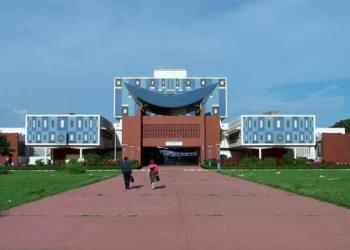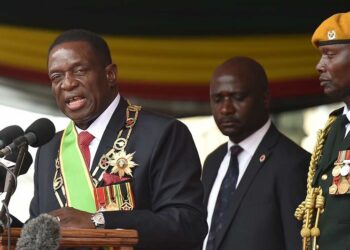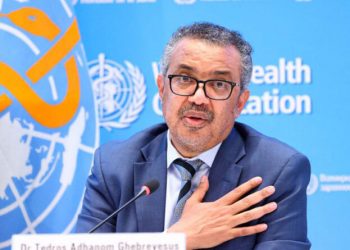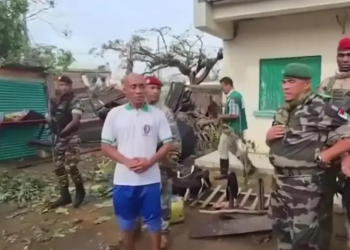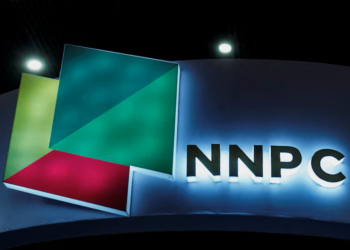By Marisa Casale*, Genevieve Haupt Ronnie*, Oluwaseyi Dolapo Somefun*
Anyone who has ever tried to convince an adolescent to behave a certain way is likely to be familiar with resistance. So, when offering support to help young people stay healthy, happy and out of difficulty, it’s worth knowing what they are comfortable with. Interventions that young people find acceptable are more likely to work.
But what do they find acceptable?
There isn’t much research about this in low- and middle-income countries, specifically in Africa or beyond the health sector. This is despite the fact that there are 360 million people aged 15-24 on the continent. Many face challenges to their wellbeing. These include low educational attainment, unemployment and poor access to healthcare.
To explore this, we systematically reviewed studies published over the past decade (2010-2020). The research assessed the acceptability of interventions with adolescents and young people aged 10-24 in Africa.
We wanted to know what young people find acceptable in an intervention and why. We included all types of interventions that aimed to improve outcomes outlined in the Sustainable Development Goals. Most were linked to the goal of ensuring healthy lives and promoting wellbeing – HIV testing is one example.
We identified a number of factors that developers of interventions should pay attention to. One recommendation arising from our review is that adolescents and young people be involved early in the design, planning and scale up of interventions.
Focus of studies
We found 55 studies evaluating 60 interventions for acceptability. Most of these studies were carried out in southern and east Africa, mainly South Africa and Uganda.
Most focused on HIV or sexual and reproductive health interventions. Based on the way interventions were delivered, 10 interventions could be categorised as HIV or HPV vaccine interventions, 10 as e-health, eight as HIV testing interventions, seven as support group interventions and six as contraceptive interventions. There were also programmes for voluntary medical male circumcision and pre-exposure prophylaxis (PrEP) to reduce the risk of HIV transmission.
Overall, the interventions were well accepted. This could indicate that they were well aligned with young people’s needs and preferences. It is also possible, though, that studies with more positive results are more likely to be published.
What’s acceptable and what’s not
The reasons most frequently raised by young people to explain why they found interventions acceptable were:
- ease of use of the product or intervention
- knowledge of the intervention or knowledge provided by the intervention
- the intervention allowing for (greater) autonomy
- feeling supported while participating in the intervention
- feeling assured that their privacy and confidential information would be protected.
Reasons for “unacceptability” were more diverse. These included:
- conservative views about the intervention or its content (such as contraception)
- intervention costs
- difficult or inequitable access
- fear of pain and side effects (for biomedical interventions, including vaccines)
- stigma (for example around HIV testing)
- distrust (of vaccines, for example)
- lack of knowledge or support.
Key aspects and delivery
Our findings suggest that intervention developers and implementers should pay attention to key aspects of interventions and their delivery that adolescents clearly care a lot about. This must start from the intervention development phase.
They should ensure that adolescents are provided with adequate knowledge, training and resources to properly understand the intervention and feel confident in their ability to use it.
They need to make sure that adolescents have access to sufficient logistical and emotional support while participating.
And, importantly, these young people’s confidential information must be protected. This will protect participants from much-feared stigma and other potential negative social consequences.
Moreover, intervention developers should bear in mind that adolescents value autonomy. And that this has a gender dimension. Autonomy does not only mean being able to choose to participate in or use an intervention. It also means being empowered by the knowledge it may provide and the greater control it may afford young people – particularly young women – in managing high risk situations and unequal relationships.
Given current public health challenges, such as the COVID-19 pandemic, it may also be worth paying particular attention to specific types of interventions.
For example, digital technology is becoming increasingly important to achieve developmental goals in the context of COVID-19. Young people remain the most connected population group to digital platforms. But more than 60% of young adults in Africa do not have access to the internet.
Findings of our review work show overall high acceptability of e-health interventions. Adolescents highlighted benefits presented by digital technology. These include lower costs compared to in-person interaction.
But there were also concerns. These ranged from connectivity issues, lack of access to mobile phones and other devices, and unintended disclosure of HIV status or other confidential information. These concerns represent challenges for the equitable access, acceptability and effectiveness of e-health programmes. It is therefore important for intervention providers to assess these challenges early on, and to explore ways of increasing access to necessary technologies within the intervention itself or by supporting concurrent initiatives.
Way forward
Our findings highlight the importance of strengthening adolescents’ knowledge of interventions and how to interact with them, but also of understanding and engaging with the broader context within which adolescent acceptability is shaped.
One way to achieve this is to involve adolescents and youth early in the design, planning and scale up of interventions and – if possible – at various stages of the intervention life cycle.
It would also be important to engage early on with whoever is central to an intervention being relevant, well-implemented and accepted by adolescents and the broader community. These may include caregivers, partners and peers, teachers and community leaders, who may play an important role in adolescents’ lives.
Lastly, opportunities exist for more acceptability research in important areas for adolescent development beyond health. These include educational outcomes, employment opportunities, access to water and other services, gender equality, protection from violence, social protection and mental health.
ـــــــــــــــــــــ
*Extraordinary Professor, University of the Western Cape
*Research fellow, University of Cape Town
*Postdoctoral fellow, University of the Western Cape
















































